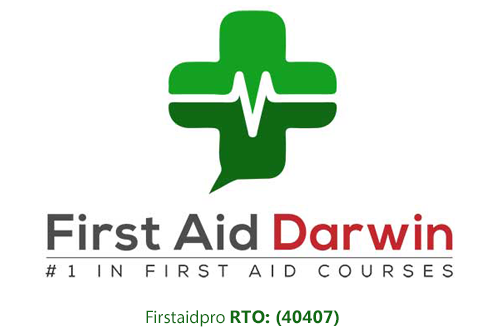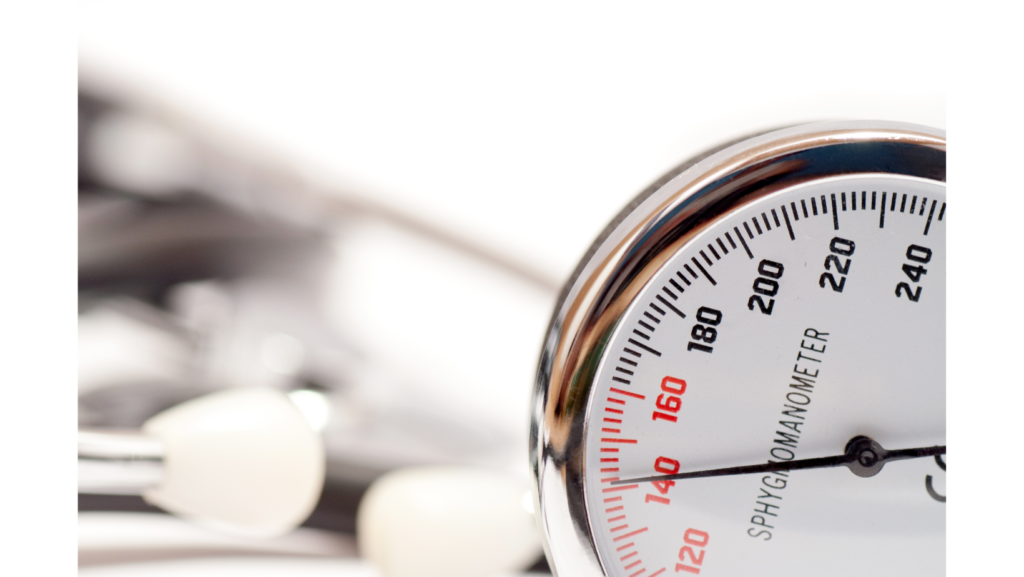What Causes High Blood Pressure: One in three Australian adults have high blood pressure. But as the condition is mainly symptomless, the majority of them are largely unaware of it.
This is one of the reasons why most doctor or medical clinic visit often start with a blood pressure check. Hypertension can lead to several health complications, including increased risk of heart disease, stroke and, worse, death.
What Is Blood Pressure
Blood pressure refers to the force that the hearts use to pump blood throughout the body.
There are two ways to measure blood pressure: the top systolic blood pressure and the bottom diastolic blood pressure.
The top systolic blood pressure measures the heart’s force on the artery walls during contractions – each time the heart pumps, in other words. In contrast, the bottom diastolic blood pressure is the pressure within arteries in the pauses between the heart beats, when the heart is at rest.
Blood pressure is measured in millimetres of mercury, normally shortened to mmHg. The normal blood pressure level is around 120 mmHg/80 mmHg or there abouts. People with a regular blood pressure of While those at risk are in between 120-139 mmHg/80-89 mmHg.
Any readings beyond 140 mmHg/90 mmHg or higher are considered high blood pressure.
High blood pressure or hypertension is characterized by having tension within the arteries responsible for carrying blood from the heart throughout the body.
If left without treatment, it can cause severe damage to the heart and blood vessels.
High Blood Pressure As A “Silent Killer”
High blood pressure is often symptomless and often develops for several years. Without the person noticing it, it slowly damages the circulatory system. It is what makes this condition much more dangerous.
Hypertension is also a primary risk factor for cardiovascular diseases (CVD), including heart attack, heart failure, arrhythmias, and stroke.
Managing blood pressure levels is essential in preserving one’s health and reducing the risks of many heart-related conditions.
Read on to learn the common causes of high blood pressure and some first aid tips to keep it within range.
7 Most Common Causes Of Hypertension
Genetics
Previous research proves that certain genetic factors in a person’s DNA can trigger hypertension.
Although there is no way to change your genetics, knowing this factor can increase awareness at an early stage. Let family members know that hypertension is a family trait, so people can start applying changes to reduce the risk of high blood pressure.
Obesity Or Being Overweight
People who have excessive body weight tend to have a higher blood pressure than those of healthy weight.
Some research suggests that significant obesity is behind the majority of hypertension cases. If a person is overweight, the best thing is to avoid complications is to maintain a healthy weight and exercise regularly.
Sedentary Lifestyle
Lesser active individuals have a higher risk of developing hypertension regardless of age.
It is best to ask a healthcare provider about an exercise routine suitable for one’s age and health.
Excessive Alcoholism
Nearly one in five Australians consume more than the recommended levels of alcohol which significantly increase the risk of hypertension.
Excessive alcohol intake can cause blood pressure to rise and increase cholesterol levels, which is bad for the heart.
For these health reasons, it is vital to limit alcohol levels to less than two glasses a day for men and one drink for women.
Kidney Problems
The kidneys are essential organs responsible for getting rid of body waste and toxins.
Kidney dysfunction can cause the body to retain fluid, leading to hypertension. We recommend taking blood tests regularly to check if one or both kidneys have problems.
Obstructive Sleep Apnea
Many people with sleeping problems such as sleep apnea often have high blood pressure.
A disrupted sleep pattern is something to share and discuss with a doctor. Treatment of sleep apnea can lower blood pressure and prevent the use of hypertension medication.
Hormone Imbalances
Many hormones found in the body can help control blood pressure. Any form of hormone imbalance can bring changes in blood pressure levels.
A consultation with a GP can help diagnose whether hormone levels are off with some simple blood tests.
Living With High Blood Pressure
Managing high blood pressure is a lifelong commitment. Several lifestyle changes are necessary to keep blood pressure levels in check. These include healthy food choices, managing stress levels, and a regular visit to the doctor.
Learn about some of the potential risks of high blood pressure in a first aid course.
With so many treatments available, it is best to receive the right care at the right time for lesser risk and better recovery from hypertension.
Visit First Aid Courses Darwin for more information.








